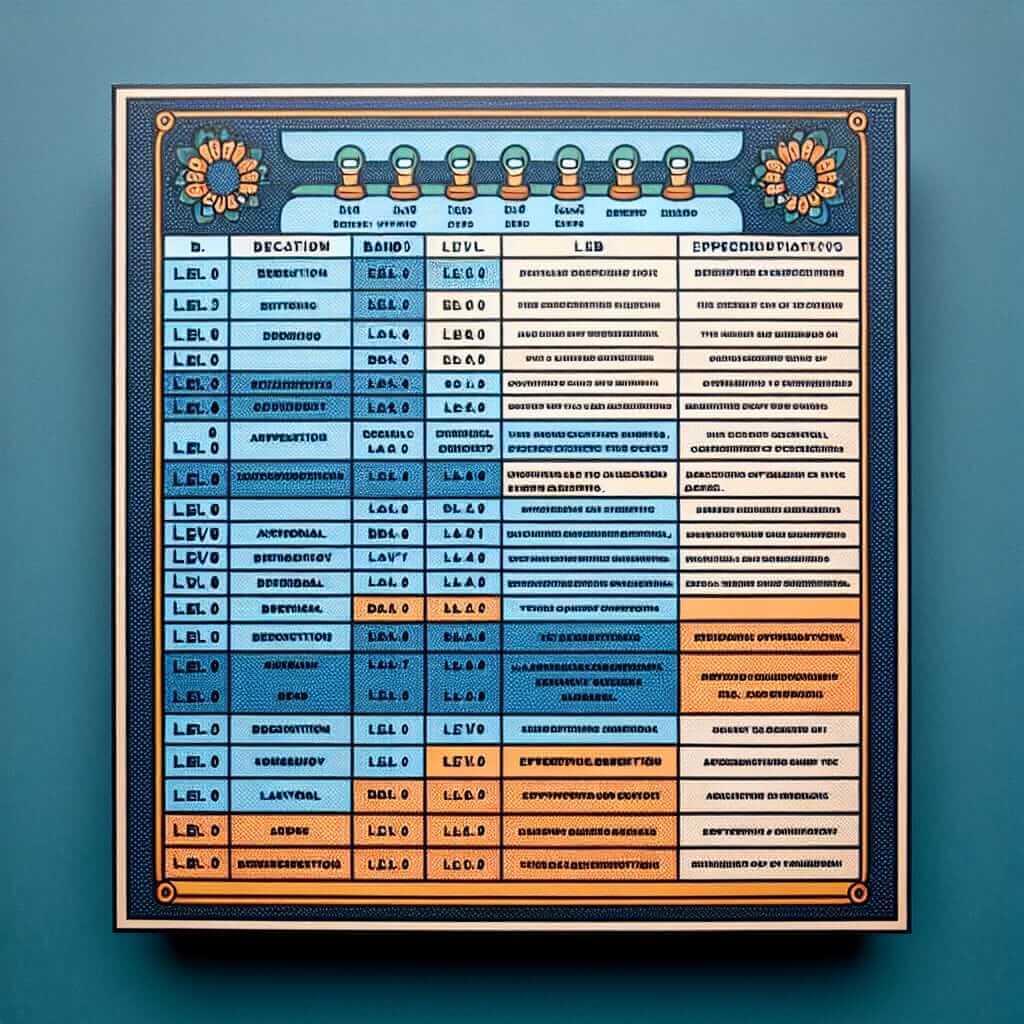As an IELTS instructor with over two decades of experience, I’ve witnessed countless students navigate the path to achieving their desired IELTS scores. One common thread I’ve observed is the eagerness to decipher the IELTS results and understand the scoring system. This comprehensive guide aims to demystify the “how to IELTS result” query, equipping you with the knowledge to interpret your scores effectively.
Deciphering Your IELTS Scorecard
Your IELTS result, presented on a Test Report Form (TRF), provides a detailed breakdown of your performance. It’s not just a single score; it’s a reflection of your proficiency across four key language skills:
- Listening: Assesses your ability to understand spoken English in various contexts.
- Reading: Evaluates your comprehension of written English across different text types.
- Writing: Measures your ability to express yourself coherently and effectively in written English.
- Speaking: Assesses your fluency, pronunciation, grammar, and vocabulary in spoken English.
Each skill is scored on a band scale of 0 to 9, with 9 being the highest. You’ll receive both individual band scores for each skill and an overall band score, which is the average of the four individual scores.
Understanding the Band Scale
The band scale isn’t simply a measure of right or wrong answers. It represents your proficiency level, with each band corresponding to specific language abilities.
For instance:
- Band 7 (Good User): You can understand and communicate effectively, despite occasional inaccuracies.
- Band 5 (Modest User): You can handle basic communication, but with noticeable limitations.
Familiarizing yourself with the band descriptors provided by IELTS organizations (British Council, IDP, Cambridge English) is crucial. These descriptors outline the specific skills and abilities expected at each band level.

Common Queries About IELTS Results
Here are answers to some frequently asked questions about “how to IELTS result”:
1. How is the Overall Band Score Calculated?
The overall band score is the average of the four individual band scores, rounded to the nearest half band. For example, if your individual scores are:
- Listening: 7.0
- Reading: 6.5
- Writing: 6.0
- Speaking: 7.5
Your overall band score would be 6.5 (rounded up from 6.75).
2. What is a Good IELTS Score?
A “good” IELTS score depends entirely on your individual goals. Universities, immigration authorities, and employers set their own minimum score requirements. It’s essential to research these requirements beforehand.
3. Can I Retake the IELTS Test?
Yes, you can retake the IELTS test as many times as you need to achieve your desired score.
Tips for Maximizing Your IELTS Score
- Practice Extensively: Consistent practice with authentic IELTS materials is key.
- Focus on Your Weaknesses: Identify your weaker areas and allocate more time and effort to improving them.
- Familiarize Yourself with the Test Format: Understand the test structure, question types, and time limits.
- Develop Effective Test-Taking Strategies: Learn time management techniques, skimming and scanning skills for reading, and note-taking strategies for listening.
Conclusion
Understanding your IELTS results is essential for gauging your progress and setting realistic goals. Remember, your IELTS score is not merely a number; it reflects your hard work and dedication to improving your English language proficiency. By following the guidance in this article and remaining committed to your language learning journey, you can achieve your desired IELTS results.